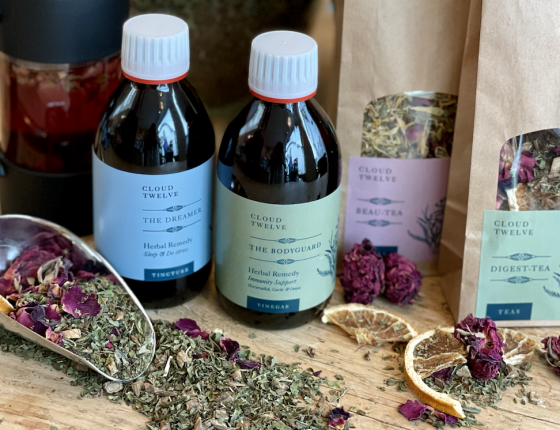
Natural Management of Menopause Part 1: Herbal Remedies

"So many women I've talked to see menopause as an ending. But I've discovered this is your moment to reinvent yourself after years of focusing on the needs of everyone else. It's your opportunity to get clear about what matters to you and then to pursue that with all of your energy, time and talent." — Oprah Winfrey
However, transitioning through to menopause can be a challenging time. Whilst it can feel scary, know that you’re not alone. There are a myriad of natural support solutions available that can help you to manage difficult symptoms, and turn this time into an exciting, bracing and health-enhancing journey.
Many women going through menopause may experience hot flushes, hair loss, vaginal dryness, low mood, weight gain, brain fog, anxiety and difficulties with sleep, to name a few. Moreover, menopause can have an effect on bone density, cognitive ability and cardiovascular health.
Hormone therapy (HRT) has been the primary treatment for menopausal symptoms. However, because of the health risks associated with hormone therapy, many women cannot or choose not to use hormone therapy. Approximately 51% of women use naturopathic medicine and more than 60% perceive it be effective for menopausal symptoms. 1
Naturopathic medicine is indeed the most comprehensive way to support health because you look at the whole person addressing the cause as well as the symptoms of someone's issue. A combination of an intelligent diet, healthy lifestyle, healing herbs, supplements and holistic health treatments, can naturally reduce the severity of symptoms during the menopause and enhance your overall health and wellbeing.
In this blog, Cloud Twelve Club's founder Naturopath, Herbalist and Homeopathic practitioner Jenya Di Pierro, who specializes in female hormonal health, talks about herbal alternatives to HRT.
What herbal medicine can I take for menopause?
Herbs are the oldest form of medicine and are essentially food. They are well understood and absorbed by the body, and act in a gentle, yet powerful way to nourish and restore our vitality.
Hot Flashes
Hot flashes are one of the most uncomfortable symptoms of menopause.
Sudden rushes of heat and sweating are often accompanied by increased heart rate, chills, shivering, clamminess, anxiety, feelings of nausea, a “head-ache”-like sensation, visible reddening and blotching of the face and neck, an increase in core body temperature, increased metabolism, and interrupted sleep. Women report a minimum of seven hot flashes per day, or at least 50 hot flashes a week. Symptoms generally wane five to seven years post menopause, but can persist in some women for over 20 years; with median symptom duration of approximately four years. 2
The primary group of herbs that can reduce hot flashes are phyto-estrogens:
Black Cohosh is probably the most famous herb used in the management of the menopausal symptoms and is effective for night sweat, hot flashes, insomnia, irritability, palpitations, cramps and headaches. 7
Sage is also estrogenic and improves circulation to the head. Sage is widely used for the treatment of hot flashes and sweats reduction. It also has positive effects on the nervous system including improved memory and concentration. Finally Sage supports digestion and absorption and is useful in increasing bioavailability of other herbs in the formula. 7
Red Clover has demonstrated ability to reduce menopausal symptoms, support the maintenance of bone density and protect the cardiovascular and immune system. This herb has been also traditionally used for prevention of breast and lymphatic cancers. 9
Steroidal saponins
Wild Yam has been proposed to have an estrogenic effect because of the theoretical ability of its steroidal saponins to bind to estrogen receptors. As a result of this action, it is commonly found in many menopause preparations where it may be used to help relieve symptoms such as hot flushes and headaches associated with menopause. In fact, active ingredient of Wild Yam, diosgenin has been used in hormone replacement therapies. In addition, Wild Yam is has calming, and relaxing properties which makes it very useful for menopausal symptoms related to anxiety and mood swings. 1
Energy Boost
From a herbal perspective, there is nothing better at restoring vitality than adaptogens. They aid in building our resilience to disease, helping us adapt to stress, supporting our energy levels, adrenal function and normalizing our immune function. Additionally, they have an ability to regulate and balance the intricate connection between the brain and the nervous system, the endocrine system and the immune system, which makes them a truly holistic category of plants.
Rehmannia is one of my go-to adaptogens during menopause as in addition to supporting energy production, it is also used for prevention of muscle weakness and prolapses and we as strengthening of the bones and reducing inflammation. It is truly a wonder herbs as it also supports kidney function and reduces urinary frequency and incontinence.
Panax Ginseng is another adaptogen which increases energy and resilience to stress. It is also considered a rejuvenating tonic, which reduces the impact of the ageing process. Moreover, Panax helps with blood sugar regulation and is used for diabetes and insulin resistance.
Wishing you the best of health. Part 2 coming soon.
Jenya Di Pierro

Author: Jenya Di Pierro
Founder, Naturopath & Herbal Medicine Practitioner
BSc, MSc, DipCNM, AMH, ANP
References
Complementary Medicine for meno https://www.ncbi.nlm.nih.gov/pmc/articles/PMC6419242/
Hot Flashes and Hypnosis https://www.ncbi.nlm.nih.gov/pmc/articles/PMC3556367/
Estrogen and collagen connection https://www.ncbi.nlm.nih.gov/pmc/articles/PMC2685269/
Gotu Kola https://www.ncbi.nlm.nih.gov/pmc/articles/PMC3834700/
Estrogen during ageing https://www.ncbi.nlm.nih.gov/pmc/articles/PMC3595330/
Menopausal symptoms https://www.ncbi.nlm.nih.gov/pmc/articles/PMC4542113/
Herbs for menopause https://www.ncbi.nlm.nih.gov/pmc/articles/PMC5783135/
Menopause and glucose https://www.ncbi.nlm.nih.gov/pmc/articles/PMC5460681/
Red clover for cancer prevention https://europepmc.org/article/med/30596276
Estrogen function https://www.ncbi.nlm.nih.gov/pmc/articles/PMC3389841/
Progesterone https://www.ncbi.nlm.nih.gov/pmc/articles/PMC8705436/
Lemon balm https://www.ncbi.nlm.nih.gov/pmc/articles/PMC7352304/
Jujube https://www.ncbi.nlm.nih.gov/pmc/articles/PMC7735973/


Bio-Hacking for Menopause
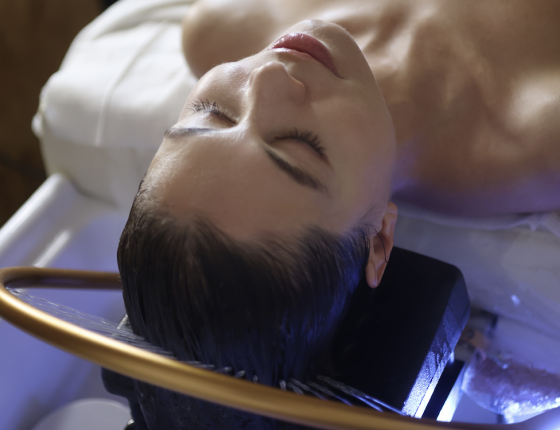
Are Head Spas The New Non-Negotiable Beauty Ritual?

Menopause & Hair Loss: Real Causes of Thinning Hair in Midlife
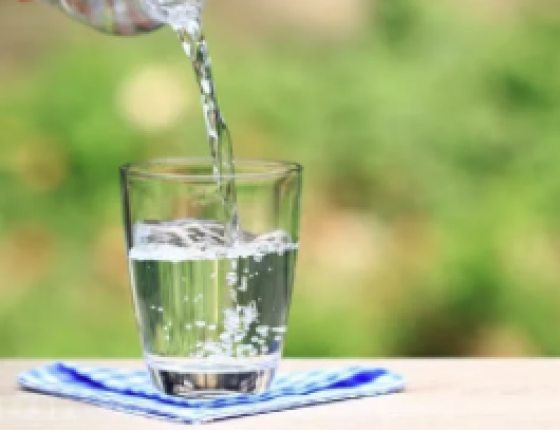
Why I Never Drink Tap Water — And What You Should Know About Contaminants
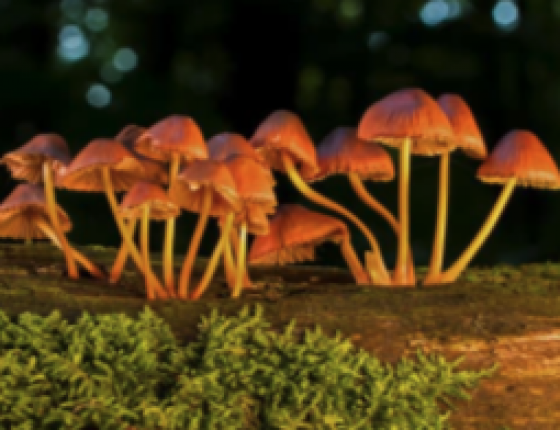
The Standard - Best Reishi supplements for powerful adaptogenic support

Five ways to stay balanced this festive season - Yahoo News

How to Look After Your Skin in Winter

Boosting Immunity Before Your Winter Holidays

The Hair & Scalp Type Guides: Oily, Dry, Dandruff & Hair Loss
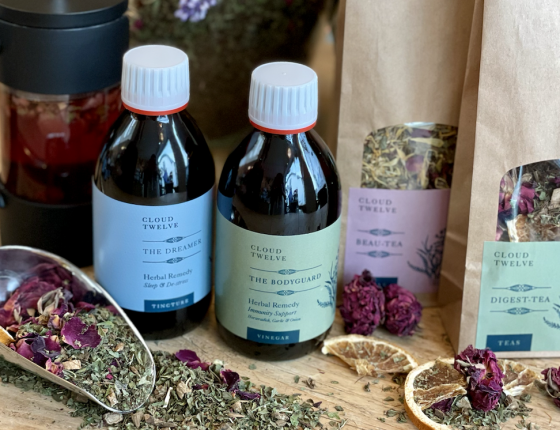
Herbs and Tips for Winter Wellness

Improving Egg Quality and Boosting Fertility for Women in their 40s

Diet for Menopause
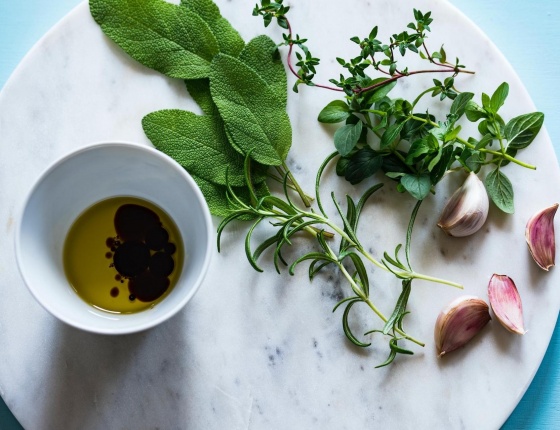
Nature's Cure for Hair Loss: Herbal Remedies That Work

Herbs to Boost Fertility

11 Steps To Detox Your Mind

Nutrition & Lifestyle Habits For An Effective Detox

Top Tips For Staying Healthy During the Party Season
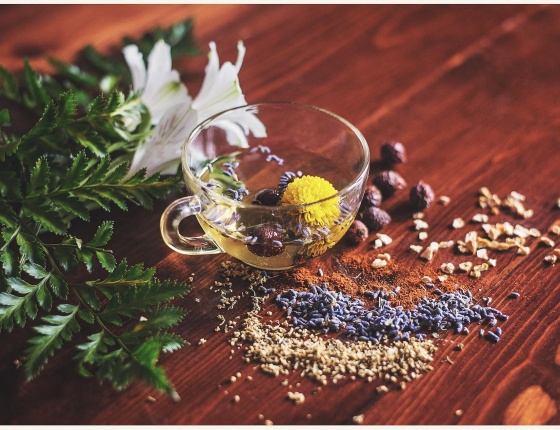
SheerLuxe: Jenya Di Pierro Shares Her Expert Tips To Dealing With Reflux
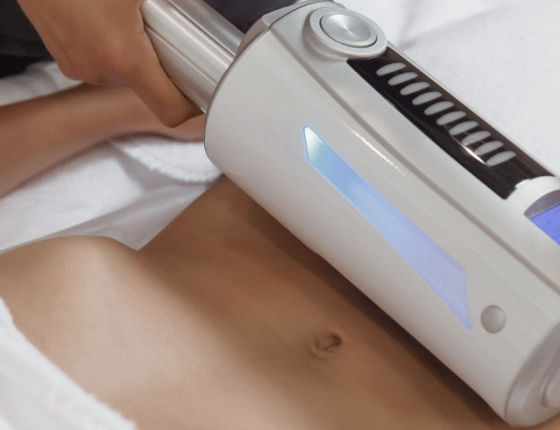
10 Natural Treatments For Cellulite
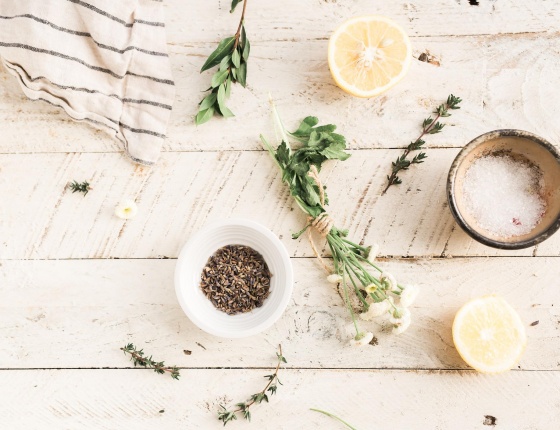
The Best Nutrition Tips For Combatting Cellulite
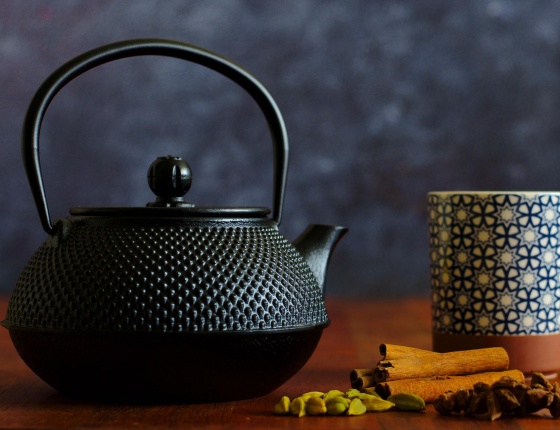
Country & Townhouse: Jenya advises on healing your gut with a little help from the East. How to do an Ayurvedic cleanse

GoodToKnow: Winter blues - 11 ways to deal with seasonal affective disorder, according to experts
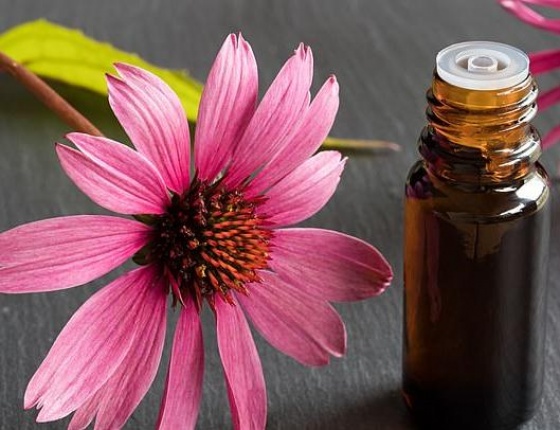
Daily Mail: Could a houseplant help cure YOUR health woes? Experts reveal their surprising healing properties

The Telegraph: Demand for ultra-skilled nannies and kids members' clubs surges post-lockdown

Domus Stay: Jenya Di Pierro on how Cloud Twelve puts wellbeing at the top of the agenda
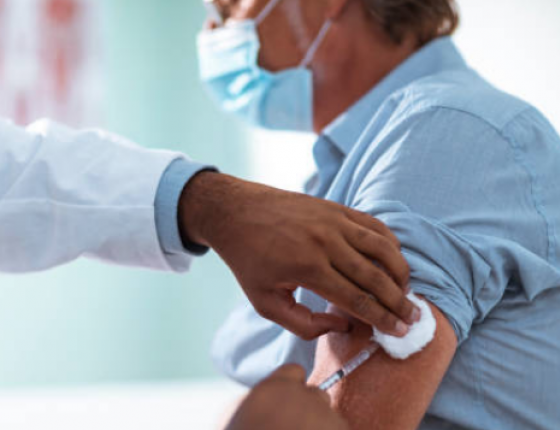
Wellbeing: Natural remedies and herbs to help recover from vaccine side effects
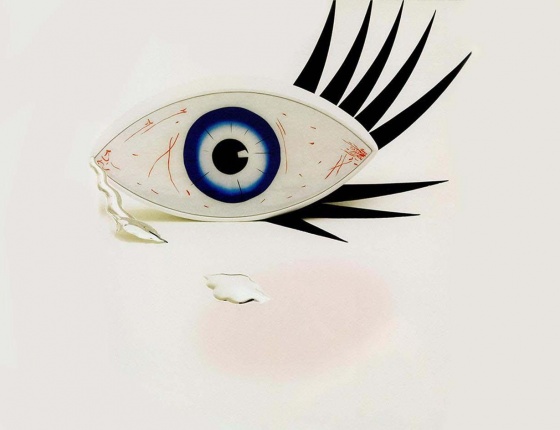
Wallpaper: Natural remedies for allergy fatigue and other hay fever symptoms

Your Healthy Living: 10 ways to fight the ageing process
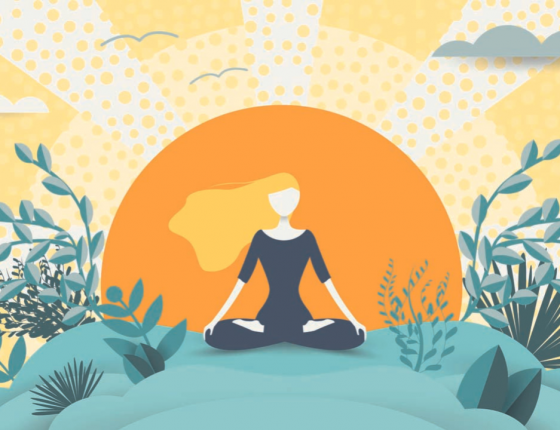
OmYoga: The power of plants: 7 healing plants to keep healthy and balanced

Woman & Home: 10 natural cures for insomnia to help end sleepless nights

Harpers Bazaar: Why it's time to reclaim a bespoke approach
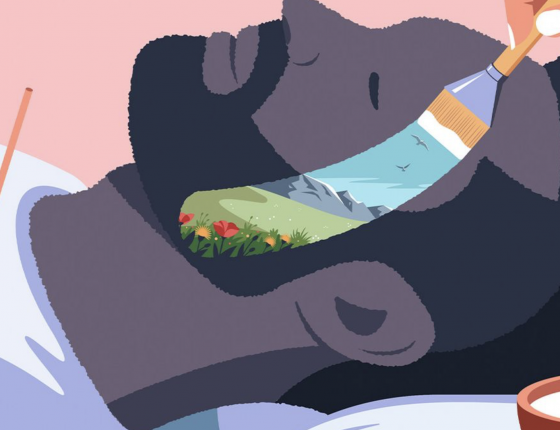
Mr Porter: The Best Holistic And Natural Treatments For Men To Try Now
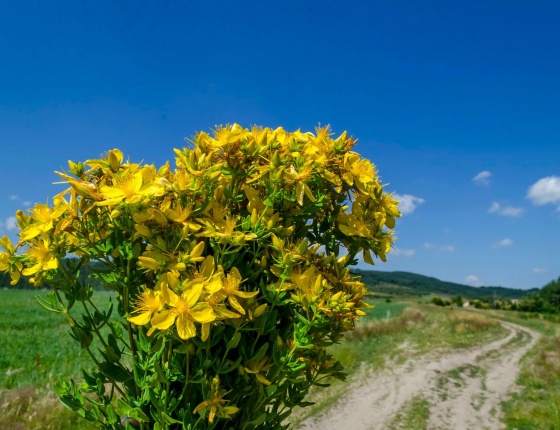
Luxurious Magazine: Herbalist Jenya Di Pierro's top healing plants for a healthy 2022

Metro: Sport recovery is about more than rest days — here are the most effective therapies

Beauty Daily: The top 10 healing plants for a healthy and balanced 2022
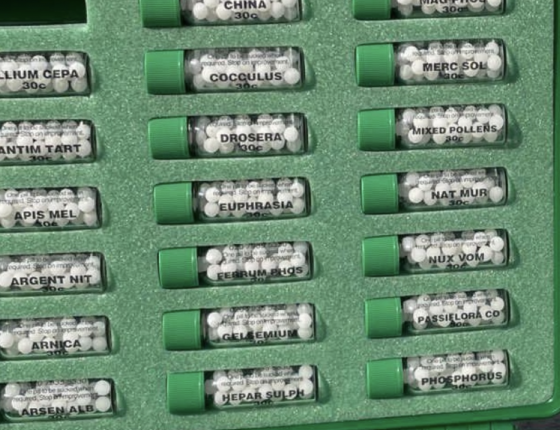
Tips and Hacks for Holiday Health
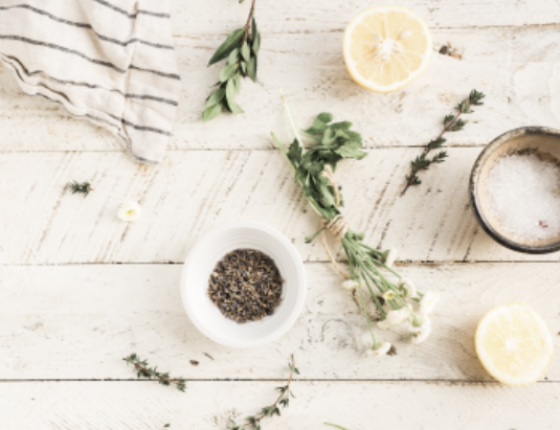
Your guide to Adaptogens

7 Daily Health Habits

13 Healthy Sleep Hygiene Habits
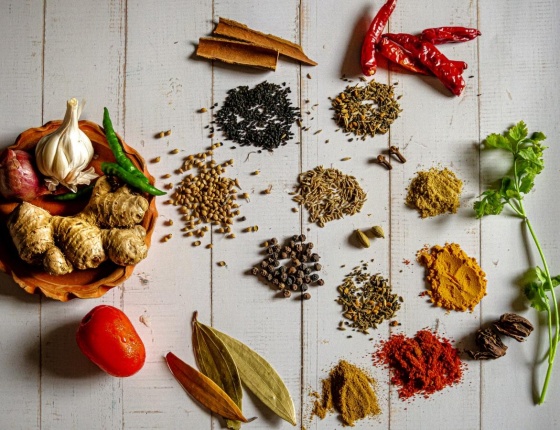
How to boost daily nutrition by adding a few clever ingredients
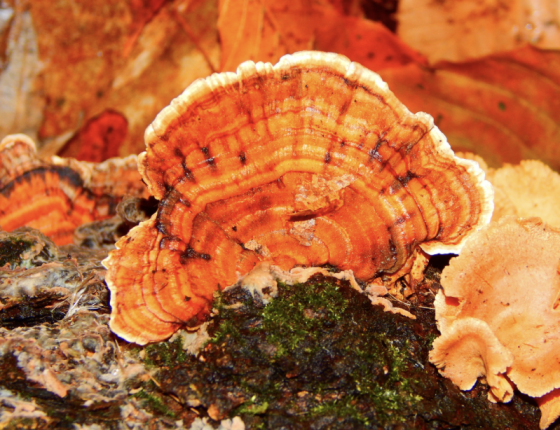
The ultimate guide to Medicinal Mushrooms
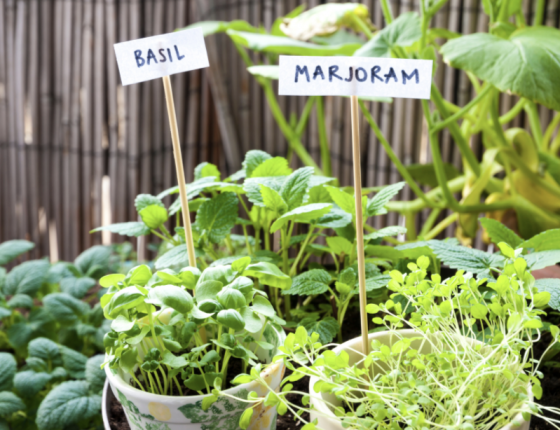
Herbs for respiratory system that can grow in your garden

Tips on How to Reduce Stress

10 Self Care Tips
